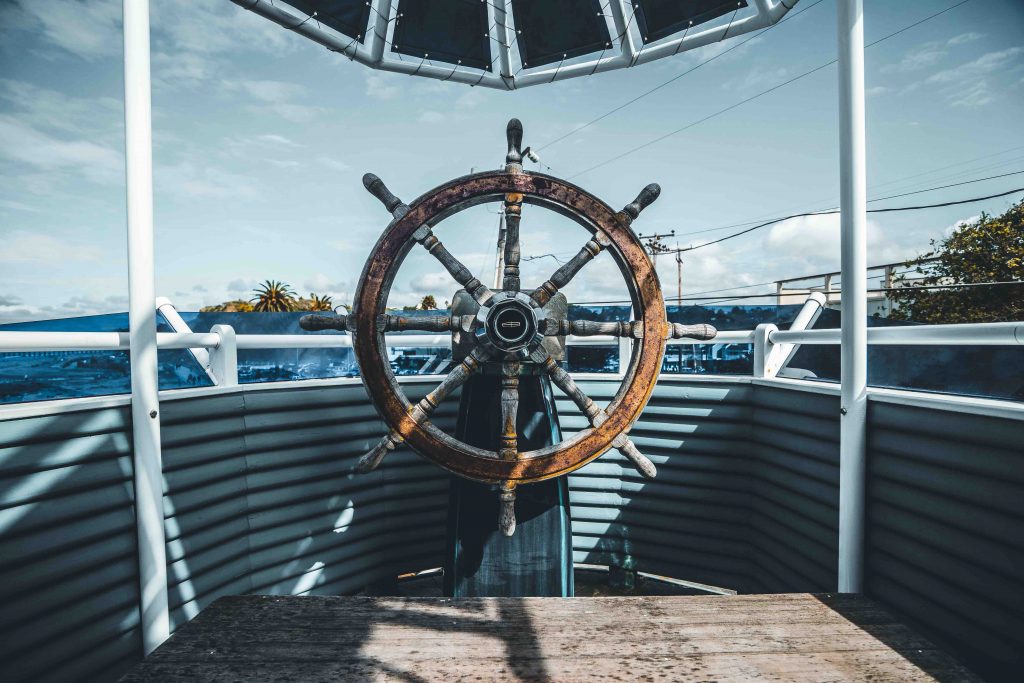
Courts in state and federal court systems are vested with authority to decide specific types of matters, whether they be admiralty or maritime matters, tax matters, or family law issues. In order for a court to be able to finally determine or decide a civil matter, it must have the authority to determine the subject of the lawsuit, which is generally known as subject matter jurisdiction.
Original Jurisdiction in the Federal Courts
By law, the federal district courts have jurisdiction to hear and decide admiralty and maritime cases. A specific provision of the United States Code, 28 U.S.C. 1333, provides, in part, that the district courts have original and exclusive admiralty and maritime jurisdiction. This does not mean that admiralty and maritime cases are always heard in federal courts, however. 28 U.S.C. 1333 also contains a “savings to suitors” clause, which states that in all cases, any remedies to which the “suitors” are otherwise entitled are reserved to them. As recently explained by the United States District Court for the Southern District of Texas, federal courts have original jurisdiction in maritime cases, except for cases in which the plaintiff has chosen to bring the lawsuit in state court.
A maritime or admiralty lawsuit may end up in federal court even if the plaintiff initially brought the case in state court, however. As the United States District court for the Southern District of Texas recently explained in the case of Sam v. Laborde Marine LLC, this is because the law allows a defendant in a maritime action to move the action from state to federal court if there is another basis for the federal court’s subject matter jurisdiction. Moving an action from state to federal court is known as “removal.”
In Sam v. Laborde Marine LLC, the plaintiff was an inspector who was employed on an offshore platform located on the Outer Continental Shelf to perform tests. He slipped and fell on the stairs of the vessel on which he was housed. The plaintiff sued the defendants in state court. The defendants removed the case to federal court, and the plaintiff sought to bring the case back to state court (known as “remand”).
According to the defendants, the Outer Continental Shelf Lands Act (OCSLA) provided a basis for the federal court’s subject matter jurisdiction. Ultimately, whether or not the OCSLA provided a separate basis for federal court jurisdiction was a somewhat complicated matter that depended, under the applicable test that has been developed by the courts, on whether the plaintiff’s injury was caused by an operation conducted on the outer continental shelf (OCS) involving mineral exploration and production, and whether the case arose out of that operation. The court decided that the federal court did have jurisdiction based on the OCSLA because the plaintiff was employed on the platform, located on the OCS, the plaintiff’s injury was caused by and arose out of this employment.Questions of jurisdiction can be complicated, and a number of factors can inform the decision of whether to bring a case in state or federal court. If you would like to know more about maritime or admiralty subject matter jurisdiction, contact the Kolodny Law Firm.

